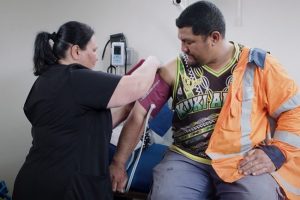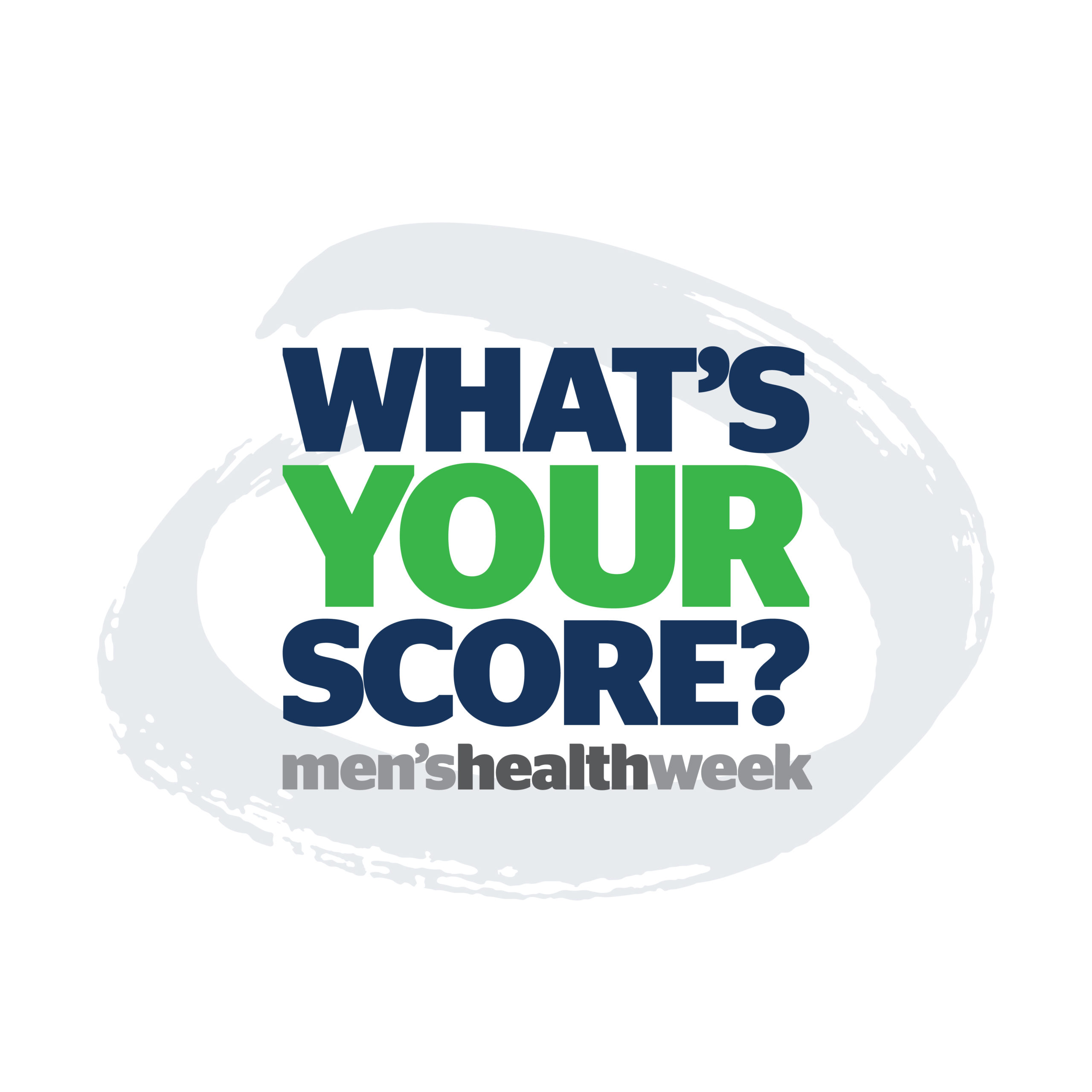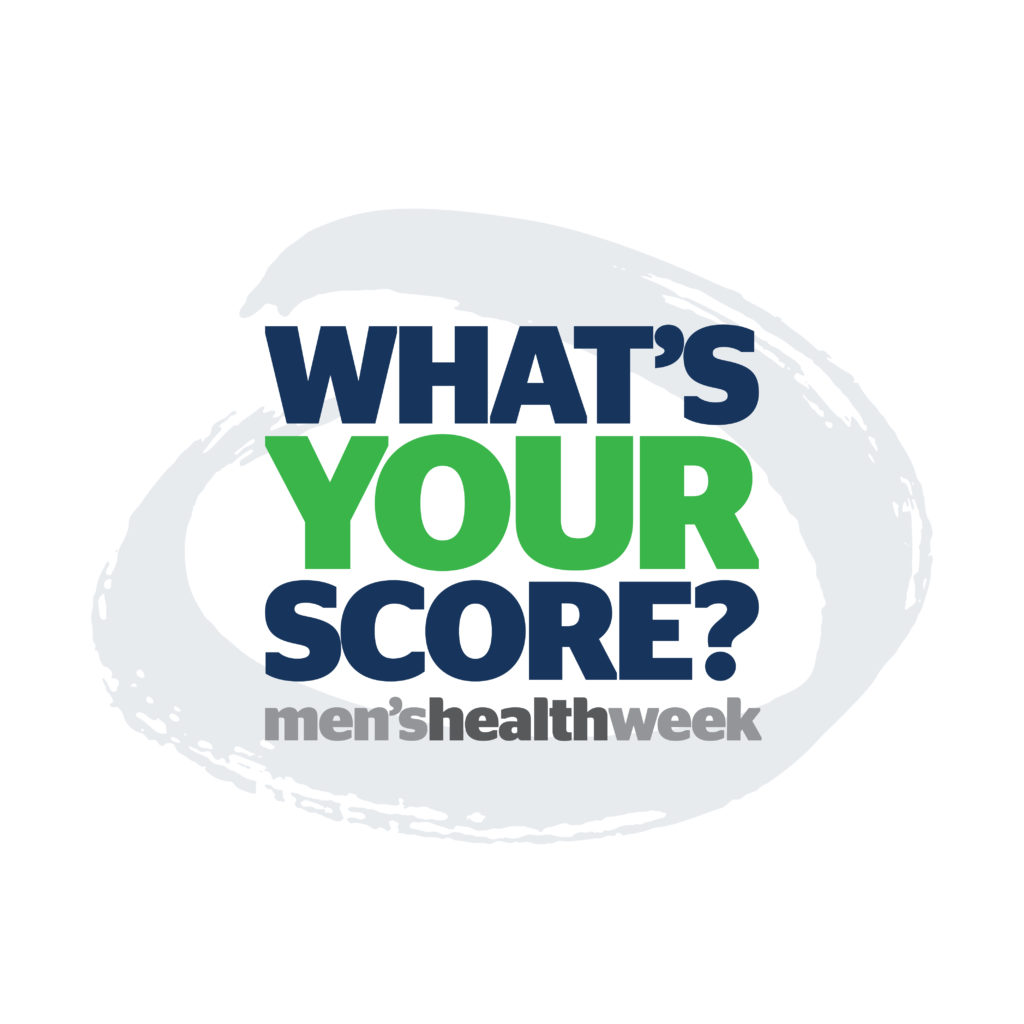What is blood pressure?
Your heart pumps blood around your body through tubes called blood vessels. Blood pressure is the pressure of blood against your blood vessels as it moves through your body.
This pressure is necessary to make the blood flow, delivering nutrients and oxygen throughout your body.
However, high blood pressure, also called hypertension, means there is too much pressure in your blood vessels. This can damage your blood vessels and cause health problems.
HOW IS BLOOD PRESSURE MEASURED?
A cuff (thick band) is put over your arm, and this is attached to a machine which measures the pressure inside your arteries. When the machine is operating the cuff tightens and then slowly loosens again. It is quick and painless. At the end, the machine will give a blood pressure reading.
Blood pressure is measured in millimetres of mercury (which is written as mmHg).

WHAT DO THE NUMBERS MEAN?
A blood pressure reading contains two numbers and will be written as a figure like 120/75 (this is said as ‘120 over 75’.)
The first (top) number is the pressure when your heart beats (systolic pressure). The second (bottom) number is when your heart relaxes (diastolic pressure).
Systolic pressure is the peak of blood pressure reached when the heart muscle contracts. It’s a measure of how hard the heart works. As people’s arteries become hardened or constricted, the pressure increases and the heart struggles to nourish the body.
Diastolic pressure, the lower number, is the lowest pressure reached in the arteries as the heart rests between beats. Similarly, a higher diastolic reading indicates less efficient arteries.
WHAT IS A NORMAL BLOOD PRESSURE READING?
For most people an ideal blood pressure is 120/75, or lower.
However, the blood pressure that is ‘ideal’ for you depends on many factors, including your overall risk of heart attack and stroke.
If you’re already on high blood pressure medication, your ideal blood pressure will be 130/80 or below.
WHAT IS HIGH BLOOD PRESSURE?
High blood pressure, also called hypertension, is blood pressure that is higher than normal. Anyone can develop high blood pressure, but it becomes more common as you get older. If you have diabetes or chronic kidney disease, it is even more important to manage your blood pressure.
Once you have high blood pressure, it usually needs to be monitored for life.
WHY DOES HIGH BLOOD PRESSURE MATTER?
High blood pressure can lead to strokes, heart attacks, heart failure and kidney failure. Finding and treating high blood pressure early helps prevent these problems. Making changes to the way you live, like eating better and exercising, and taking your medications as prescribed by your doctor will help you to control high blood pressure.
Whether or not you have high blood pressure, it is important to have your blood pressure checked regularly. High blood pressure has no warning signs or symptoms – which is why it is often called a ‘silent killer.’
WHAT YOU CAN DO?
Experts around the world offer much the same advice for preventing or treating high blood pressure: engage in moderate physical activity, eat lots of fruits and vegetables, maintain a healthy weight, cut down on salt and booze, avoid processed meat, and don’t smoke.
Deep breathing and other relaxation techniques have been shown to lower blood pressure too. A set of studies earlier this year suggests a daily cup (eight ounces) of blueberries can help to lower blood pressure and improve heart health.
We can’t feel high blood pressure, so we need to get our blood pressure measured periodically in order to determine our risks.
The single most important thing that a person with high blood pressure can do is to have an ongoing relationship with a primary care provider. Go to your doctor, establish what your blood pressure is, and then when that changes, your doctor will recommend steps that will keep you from the clutches of the world’s biggest ‘silent killer’.
Big takeaway: Have your blood pressure checked at least once every year by a healthcare provider, or more often if your blood pressure is high.


